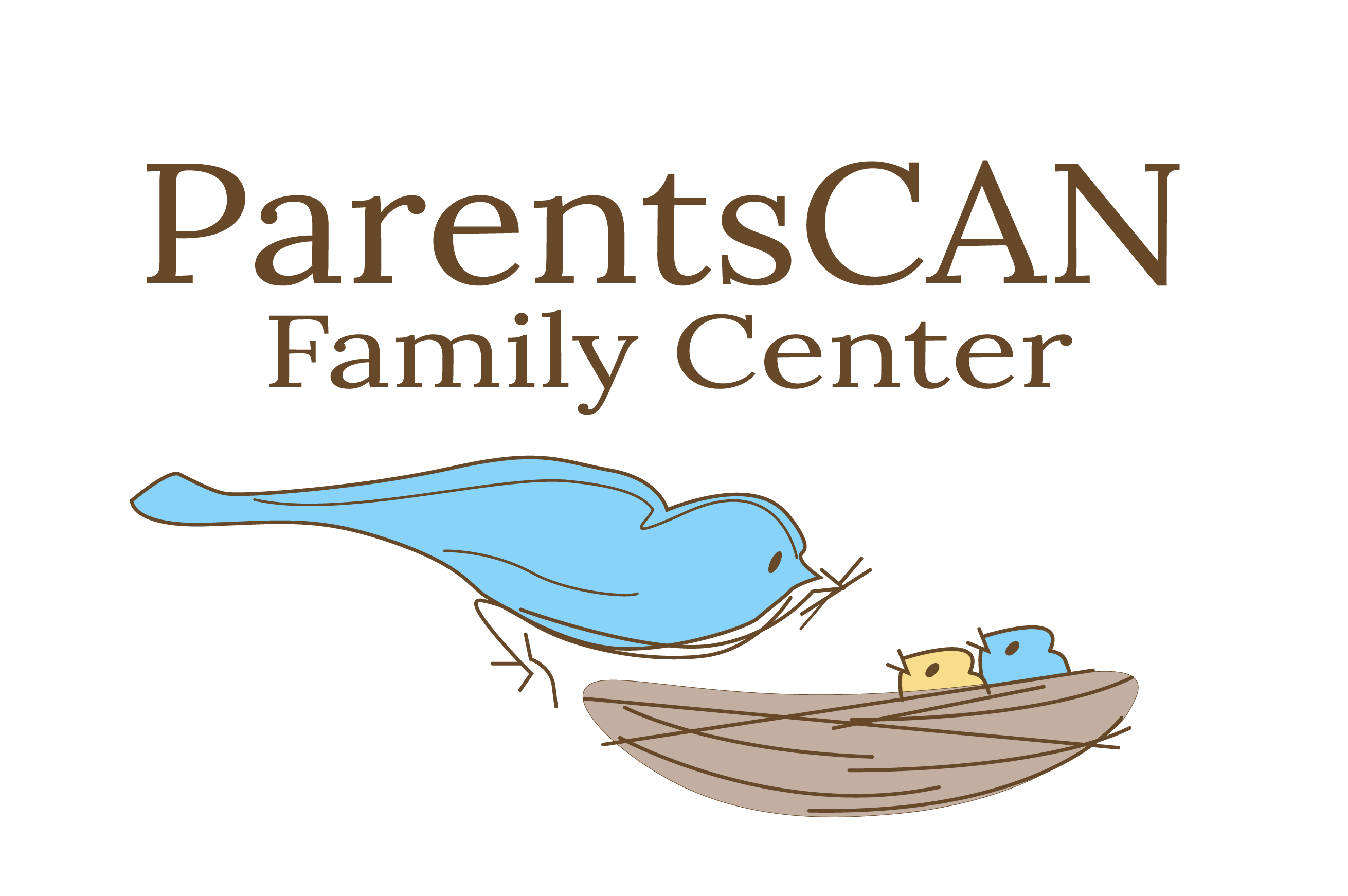Well, Actually, Self-Care Can be Painful, Difficult, Uncomfortable, and Boring
I have lots of conversations about self-care. Yet, misunderstandings that diminish the potential impact for self-care remain common. One persistent detrimental misunderstanding is that self-care is a “feel good” thing.
Self-Care Can Be Painful—in a Good Way
At a recent conference, where colleagues and I promoted and presented on self-care, I heard the “feel good” interpretation multiple times. For instance, one colleague, who’s an avid runner, shared that he detests running sometimes. He declared, “Running hurts! Now, massages! That’s self-care! They feel good!”
I gently suggested that both running and massages can be self-care. Wholistic self-care is anything that contributes to our well-being! Certainly, unless medically prohibited, running helps one be healthy, physically. Also, it can help emotionally, spiritually, and even socially—if running with others.
I encourage “feel good” self-care. But, the danger in viewing self-care as only “feel good” is that it (unintentionally) equates self-care with a special treat, extra luxury, or rare indulgence. This framing is extremely limiting and, thus, quite detrimental to effective self-care. Actually, self-care is a lifestyle.
Like Life, Self-Care Can Be Difficult and Uncomfortable
As such, self-care is sometimes uncomfortable and often difficult. Self-care is setting necessary boundaries, professionally and personally. These boundaries can be quite uncomfortable, because we won’t be “liked,” which certainly does not feel good. Self-care is having hard conversations and navigating conflict—rather than sweeping things under the rug, which “feels good” in the short-term. It’s being willing to engage in processes that challenge structural oppression and address personal trauma.
Self-care is being vulnerable in asking for help, by going to therapy, securing a professional coach, using supervision, seeking a mentor, or simply reaching out to another person or resource. Self-care is challenging oneself to participate in professional development that stretches growth edges. Sometimes, self-care is deciding to make career moves into uncharted, scary waters. Self-care is having the courage to live in congruence with core values, which may result in challenging circumstances.
Self-care is the difficult discipline of going to the gym, taking a yoga class, hiring a trainer, or simply setting a timer to remind about doing stretches at work. It’s changing habits to ensure adequate sleep or dietary changes to support one’s health. It’s having the discipline to engage in reflection for deeper insights and authentic awareness—both personally and professionally.
Sometimes, self-care is taking the initiative to have more of a social life. In other instances, it’s having the insight to realize the need for more alone time. It’s taking an honest look at finances and calendars. It’s making hard choices about (sometimes) all good options, because we really can’t do everything and have it all.
Well, Self-Care Needs to Be Boring Sometimes
Actually, a lot of self-care can just be boring! In a frenetic culture of constant stimulation and consumeristic acquisition, “boredom” does not “feel good.” However, a lifestyle of self-care involves giving attention to practical, mundane life tasks—sometimes called “adulting”—that promote our basic human well-being. Boring self-care is going to the grocery, doing laundry, preparing food. It’s tending to our spaces, at home and work. It’s attending to relationships, which takes time and can be joyful, difficult, and just ordinary. Self-care includes all the boring “stuff” that we frequently treat like background noise.
Here’s something I’ve learned about boring, though! One definition of “boring” is drilling down—such as boring for a well to access water. I liken boring self-care to drilling down to deeper waters.
Boredom is a necessary aspect of a full life. Experts contend that boredom helps children learn how to use their imagination and be engaged. In that vein, as adults, practicing self-care can be more meaningful through intentionally accessing “boredom.” Mindfulness is a key way of making “boredom” an integrated part of a self-care lifestyle. Mindfulness is simply giving attention to the present moment. By being present to the mundane, we bore down to life-sustaining “well-ness.” Self-care is slowing down to notice life and practice gratitude.
So, yes, self-care is often painful, difficult, uncomfortable, and boring. Self-care is struggle and celebration. Ultimately, self-care is about living life well. And that feels good!
Dr. Erlene Grise-Owens, Ed.D., LCSW, MSW, MRE, is a Partner in The Wellness Group, ETC. This LLC provides evaluation, training, and consultation for organizational wellness and practitioner well-being. Dr. Grise-Owens is lead editor of The A-to-Z Self-Care Handbook for Social Workers and Other Helping Professionals. As a former faculty member and graduate program director, she and a small (but mighty!) group of colleagues implemented an initiative to promote self-care as part of the social work education curriculum. Previously, she served in clinical and administrative roles. She has experience with navigating toxicity and dysfunction, up-close and personal! Likewise, as an educator, she saw students enter the field and quickly burn out. As a dedicated social worker, she believes the well-being of practitioners is a matter of social justice and human rights. Thus, she is on a mission to promote self-care and wellness!
